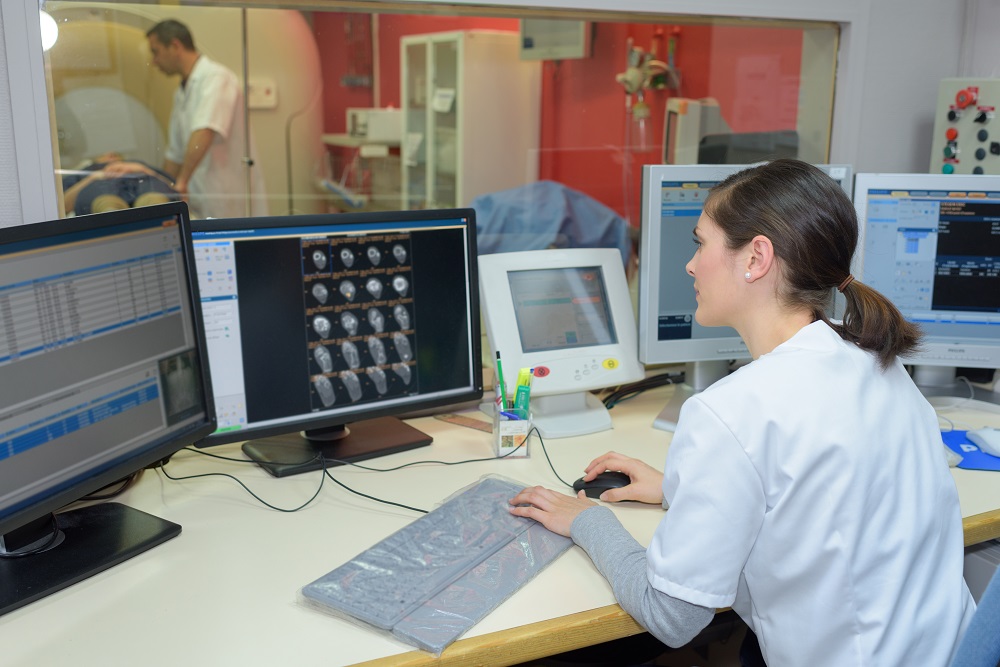According to the 2017/18 Data Security and Protection Requirements, NHS providers must:
- Identify unsupported systems (including software, hardware and applications)
- Have a plan in place by April 2018 to remove, replace or actively mitigate or manage the risks associated with unsupported systems.
Yet many healthcare providers are still running old operating systems such as Windows XP or even Windows Vista. These ‘unsupported systems’ need to be updated to later versions like Windows 10 as a matter of priority.
Why migration is necessary
Old operating systems are breeding grounds for a whole host of weaknesses, dangers and threats. The consequences of a vulnerable OS remaining in active use near to or after its ‘end of support’ date include:
- Lack of technical support from the developer (Microsoft officially ended support for Windows XP in April 2014 and will cease supporting Windows 7 early in 2020)
- Significant increase in the cost of any support, where it is still available
- Increased risk of cyber attacks from emerging threats due to absence of new security patches
- Potential loss or corruption of sensitive patient data
- Decreasing compatibility with the latest hardware and software
- No support for third-party software and peripherals
Of all these considerations, the major drawback of running an unsupported operating system on your PCs and laptops is the security threat. This was highlighted in May 2017 by the rapid spread of the WannaCry ransomware virus across Windows XP machines – causing widespread disruption to businesses, schools and hospitals, including more than a third of NHS trusts in England.
Putting patients first
But it’s not just about ensuring your data and systems are properly protected. In a healthcare environment, the key challenge produced by the barriers to migrating from one OS to another is that of maintaining and delivering patient care. Continuity and consistency of information must be maintained throughout the patient pathway, with minimal impact to service.
The best performing hospitals have real-time data at their fingertips – enabling them to make timely and informed decisions to deliver exceptional healthcare. This means having access to the right data in the right place at the right time.
Fortunately there’s plenty of guidance available to help you navigate through the obstacles. NHS Digital has published a wealth of information on cyber and data security policy and good practice in health and care. This includes guidance on managing the risks posed by using legacy – in other words, obsolete – IT hardware and software or unsupported platforms.
A trusted solution to a hassle-free migration
Integrating numerous machines with a new OS is often a massive undertaking, with a full migration process for large organisations taking up to 18 months. It can also be a costly one. Yet the implications of not moving on from XP could be far more costly in the long term.
Here at HealthTrust Europe we understand the challenges you’re facing with keeping your ICT up to date. And we’re here to help – no matter where you are on the journey – with our free-to-access ICT Solutions Framework.
This allows you to:
- Simplify your purchases for hardware and software via a straightforward two-Lot structure
- Easily identify the most suitable suppliers for your end-to-end solutions
- Streamline your access to the whole marketplace through six strategic supplier partners who adhere to robust Terms & Conditions
- Gain the flexibility needed by your IT team, plus the control and reassurance required by procurement
- Make better decisions and work smarter by removing additional workload
- Drive conversations from best price paid to value added
Take advantage of our resources, dedicated team, expertise and knowledge to help manage your ICT estate, drive operational efficiencies and cost-saving opportunities – while ensuring you are compliant with the latest NHS regulations.
So cross one thing off your to-do list today! Find out more about how our ICT Solutions can help you meet your obligations regarding the management of your unsupported operating systems.



